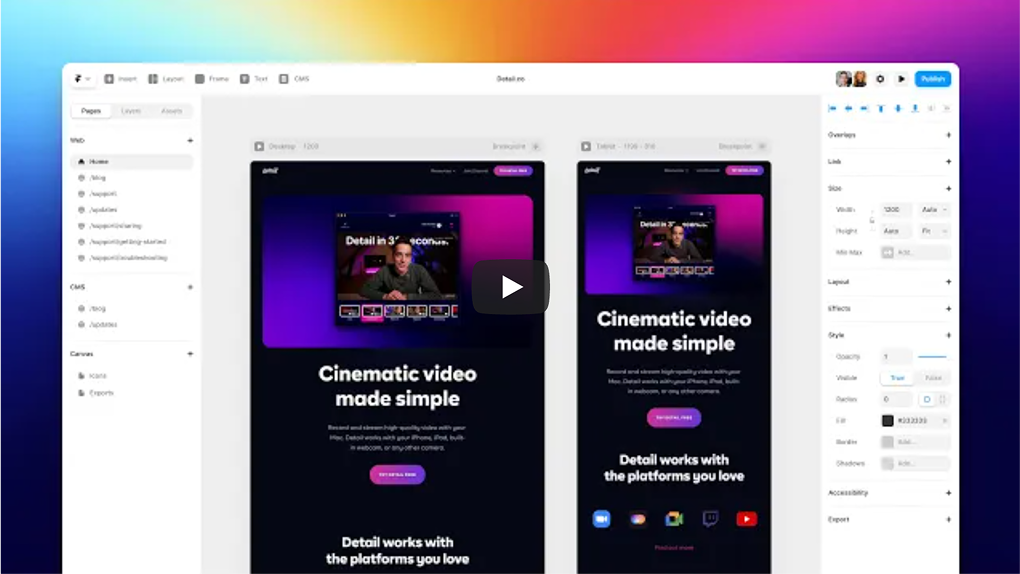
Understanding the Role of Sales Reps in the Current Context
June 7, 2023

The sales landscape has undergone a massive shift over the past few years, with strategies leaning dramatically over customer-centric approaches. Companies are focusing on understanding their customers’ needs and tailoring their sales efforts accordingly. This shift has led to the adoption of a more consultative approach, with sales teams wearing multiple hats and using a variety of communication channels to connect with customers. We’ve spoken about this through different Skill Flex channels on multiple occasions. However, most recently we spoke to Mehar Singh, a sales professional who’s primarily operated in startups like Yelp and Lyft, who shed light on how the changing world of sales has sharpened the spotlight on power skills.
While we often discuss this in our blogs, in this one, let’s walk through some of the key things that are critical to the changing selling environment.
Focusing on the customer first
Modern selling is all about putting the focus on customers. Today, it’s becoming more and more important to do so before building out any new product or feature. Companies need to be strategic and really understand the customers’ needs. This helps them keep their costs low while also providing a customized experience for that certain set of customers. “This customer-centric approach is crucial because in the past, I’ve seen that 20% of a company’s customers brought in 80% of their revenue. That’s why it’s important to focus on these key customers. These are the money-makers, and for them, you need a sales team that has the necessary skills for sales and a consultative approach,” said Mehar.
The consultative approach
Selling is no longer straightforward and has evolved over the years to become more consultative. Instead of just having a salesperson on a customer call, companies now go with a fully fleshed-out team that includes an engineer, account manager, product manager, at the very least. This approach shows customers that they care about them and that solving their problems is extremely important. It is critical in standing out in today’s market where there are so many similar products to choose from. Remote and social media selling has become more important, and companies are taking full advantage of these strategies. As a result, selling has become more customer-centric, consultative, and focused on building long-term relationships versus closing an immediate sale.
Sales reps wear multiple hats
In today’s changing world of sales, salespeople have to wear multiple hats. They need to have a diverse set of skills and perform various functional roles to reach their customers. With multiple mediums available to reach out to customers, it has become a balancing act for most. However, most organizations focus a lot on product and process training and fail to equip their teams with critical skills. Mehar shared, “Most of my learning happened on the job or from my work best friend, because while organizations equip you with information you need to sell, they don’t equip you with the skills you need to be able to sell. That is a huge gap.”
Balancing different channels of communication
Earlier, sales was limited to cold calling and emailing, but today salespeople need to use different channels to reach out to their customers, including WhatsApp, social media, LinkedIn and wherever else they can reach them. With so much information to manage, networking at a fast pace, and the ease of having conversations online, sales can end up being spammy. It becomes essential to achieve revenue goals and talk about efficiency without compromising the personal touch that sets brands apart. “The personal touch is something that is essential in today’s automated world, where a 1-800 number and robots are taking over. Connection is the new currency, and customization and personalization yield higher ROI and click-through rates. Therefore, while balancing different communication channels, it is necessary to find a way to maintain the human touch,” elaborated Mehar.
Equipping sales teams for success
If organizations want to build teams for the future of work, they need to equip their sales teams with the skills and tools they need to excel in today’s consultative sales environment. These skills include Critical Thinking, Empathy, Resilience, Influencing People, among others and require teams to continuously customize offers and cater to customer needs by putting them at the center of the sales process. While on-the-job learning plays a critical role, investment by organizations to develop their sales teams is of utmost importance. A broader conversation is required with upper management to provide a sizable book to employees that makes sense. It should involve providing a personal touch point that provides white glove service to clients. Organizations need to invest in their employees’ growth, which will eventually pay dividends in sales revenue.



